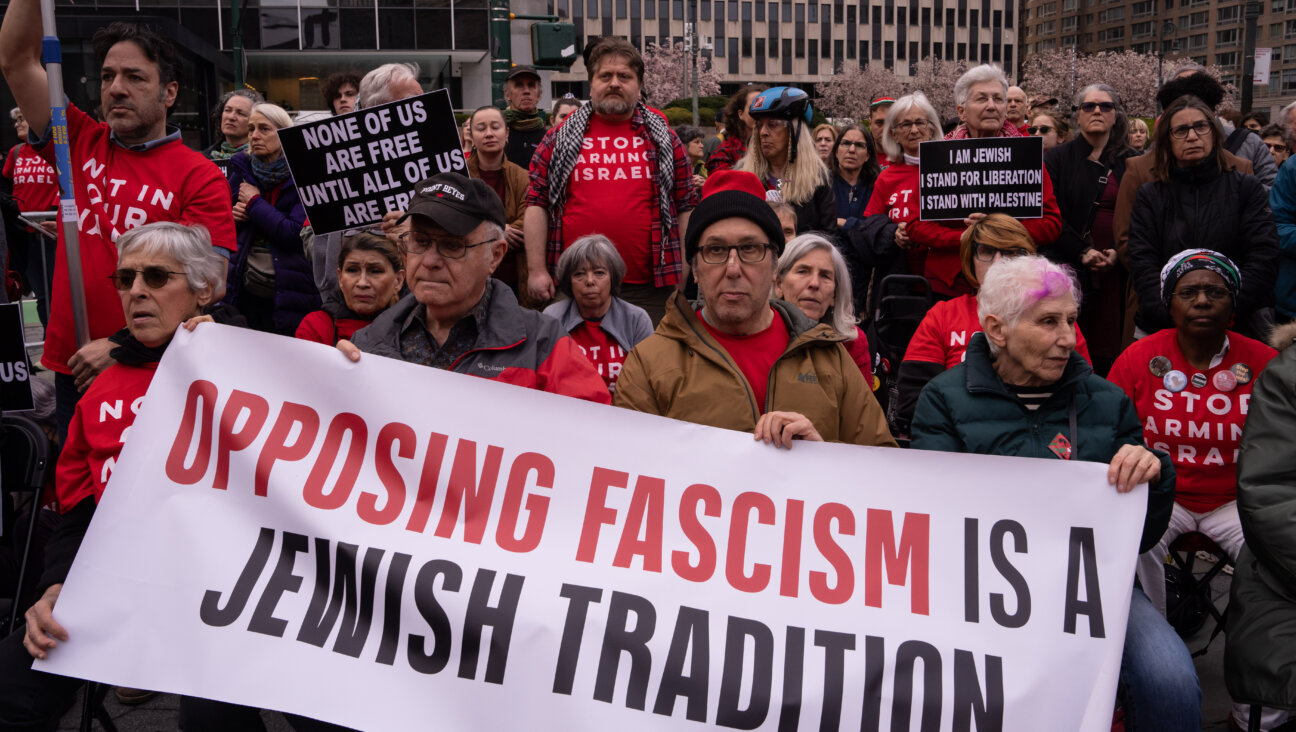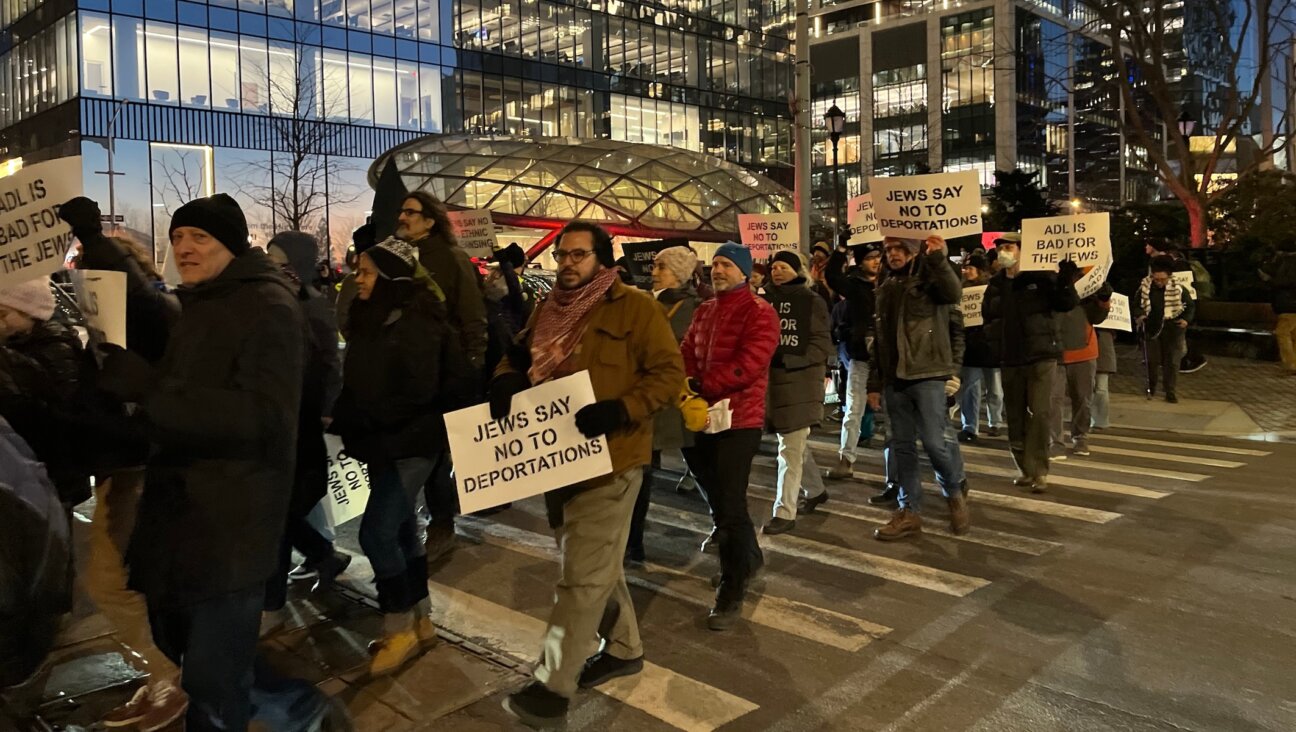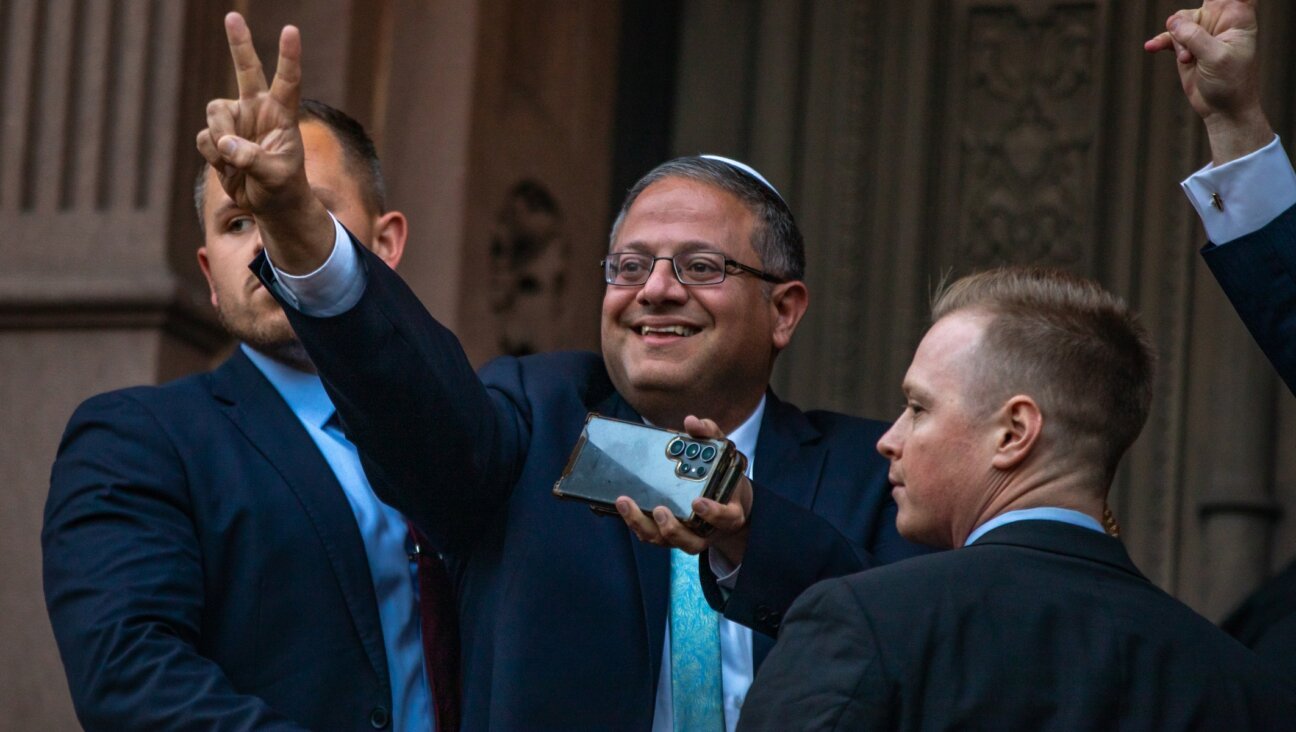A Lion Who Roared for the Least Fortunate
There was no reason back then, none at all, to suppose that Edward Moore Kennedy — Teddy — would one day be thought not merely a distinguished United States senator but one of the all-time greats. In 1962, at the ripe age of 30, one brother the incumbent president, another the nation’s attorney general, Ted put nothing but his last name before the voters of Massachusetts. As his opponent in the primary election that year, Edward McCormack, nephew of the long-time speaker of the House, acidly observed during the campaign, “If your name were Edward Moore instead of Edward Kennedy, your candidacy would be a joke.” But the voters of Massachusetts evidently thought differently, and off Ted went to begin 47 years of service in the Senate.
His oldest brother, the one their father had hoped would one day be president, was killed in combat at the age of 29, when Ted was just 12. And then, in a span of seven gruesome years, from the time he arrived in the Senate through 1969, he lost both his older brothers (ages 46 and 43) to assassins, he himself came near death in an airplane crash that forced him into a hospital for six months, and then there was Chappaquiddick. These tragedies against a background of dissolution, of profligacy. Alcohol, women, an apparent lack of personal discipline. Here and there, a hint of what he might accomplish — a superb staff, an eloquent speech — but little more than that. A career, so it seemed, haunted by scandal and, truth to tell, by mediocrity.
Yet it has for some time now been clear that no public figure of our time more fully embodied the contradictions that make human life so limitless and so fascinating a puzzle. For though Kennedy lacked personal discipline, he brought compelling discipline to his work in the Senate — and to his role in the Kennedy family. This was so even before his stabilizing second marriage, in 1992, to Victoria Reggie. And by now, as we mourn his death, the simplest way to summarize what he accomplished in the Senate is to assert, without fear of contradiction, that no senator in the last century, through his own efforts, had as much impact on the way we live as he. His firm fingerprints are everywhere we turn — and most particularly, on laws and programs designed to reach out to the least among us.
Others will chronicle the evidence for so sweeping a statement; sweeping though it be, the evidence that supports it is overwhelming. But I want here to tell a rather different story, one that illuminates a quieter, more reflective aspect of the man. On the morning of the day before the funeral of Yitzhak Rabin, Senator Kennedy called the White House to inquire whether it would be appropriate for him to bring to the funeral — he was among the many Americans, including President Clinton (“Shalom, chaver”) who attended the sad ceremony — some earth from Arlington National Cemetery. The answer was essentially a shrug: Who knows? Unadvised, the senator carried a shopping bag onto the plane, filled with earth he had himself dug the afternoon before from the graves of his two murdered brothers. And at Mount Herzl in Jerusalem, after waiting for the crowd and the cameras to disperse, he dropped to his hands and knees, and gently placed that earth on the grave of the murdered prime minister.
No spin, no photo op; a man unreasonably familiar with bidding farewell to slain heroes, a man in mourning, quietly making tangible a miserable connection.
One woman had lingered when the crowd left. Seeing that the senator, his back still weakened from the plane crash decades earlier, was having difficulty rising, she approached and helped him to his feet. It was from her I heard the story. Though I never had reason to doubt its core truth, I know that such stories are often embellished as they are told and retold. So when, last year, I found myself standing next to the senator at a function in a private home, I decided to verify the details. It pleases me greatly that Senator Kennedy confirmed the particulars of the story.
There’s also this: Thucydides once was asked, “When will there be justice in Athens?” His reply: “There will be justice in Athens when those who are not injured are as outraged as those who are.” Call it, if you will, not outrage but righteous indignation. Ted Kennedy would easily have been reelected time after time even had he been substantially less indignant, substantially more passive an advocate of social justice. Few of his constituents would have punished him had he chosen to be merely a foot soldier rather than an indefatigable champion of those who have been injured, one way or another. That was not the path he chose; he chose as he did out of authentic conviction.
Ted Kennedy was very far from sainthood, but sainthood, it turns out, is not a prerequisite for greatness. He started as a leopard; he finished as a lion, and his legacy’s a blessing.
The Forward is free to read, but it isn’t free to produce

I hope you appreciated this article. Before you go, I’d like to ask you to please support the Forward.
Now more than ever, American Jews need independent news they can trust, with reporting driven by truth, not ideology. We serve you, not any ideological agenda.
At a time when other newsrooms are closing or cutting back, the Forward has removed its paywall and invested additional resources to report on the ground from Israel and around the U.S. on the impact of the war, rising antisemitism and polarized discourse.
This is a great time to support independent Jewish journalism you rely on. Make a gift today!
— Rachel Fishman Feddersen, Publisher and CEO
Support our mission to tell the Jewish story fully and fairly.
Most Popular
- 1

Opinion The dangerous Nazi legend behind Trump’s ruthless grab for power
- 2

Opinion A Holocaust perpetrator was just celebrated on US soil. I think I know why no one objected.
- 3

Culture Did this Jewish literary titan have the right idea about Harry Potter and J.K. Rowling after all?
- 4

Opinion I first met Netanyahu in 1988. Here’s how he became the most destructive leader in Israel’s history.
In Case You Missed It
-

Culture I have seen the future of America — in a pastrami sandwich in Queens
-

Culture Trump wants to honor Hannah Arendt in a ‘Garden of American Heroes.’ Is this a joke?
-

Opinion Gaza and Trump have left the Jewish community at war with itself — and me with a bad case of alienation
-

Fast Forward Trump administration restores student visas, but impact on pro-Palestinian protesters is unclear
-
Shop the Forward Store
100% of profits support our journalism
Republish This Story
Please read before republishing
We’re happy to make this story available to republish for free, unless it originated with JTA, Haaretz or another publication (as indicated on the article) and as long as you follow our guidelines.
You must comply with the following:
- Credit the Forward
- Retain our pixel
- Preserve our canonical link in Google search
- Add a noindex tag in Google search
See our full guidelines for more information, and this guide for detail about canonical URLs.
To republish, copy the HTML by clicking on the yellow button to the right; it includes our tracking pixel, all paragraph styles and hyperlinks, the author byline and credit to the Forward. It does not include images; to avoid copyright violations, you must add them manually, following our guidelines. Please email us at [email protected], subject line “republish,” with any questions or to let us know what stories you’re picking up.













